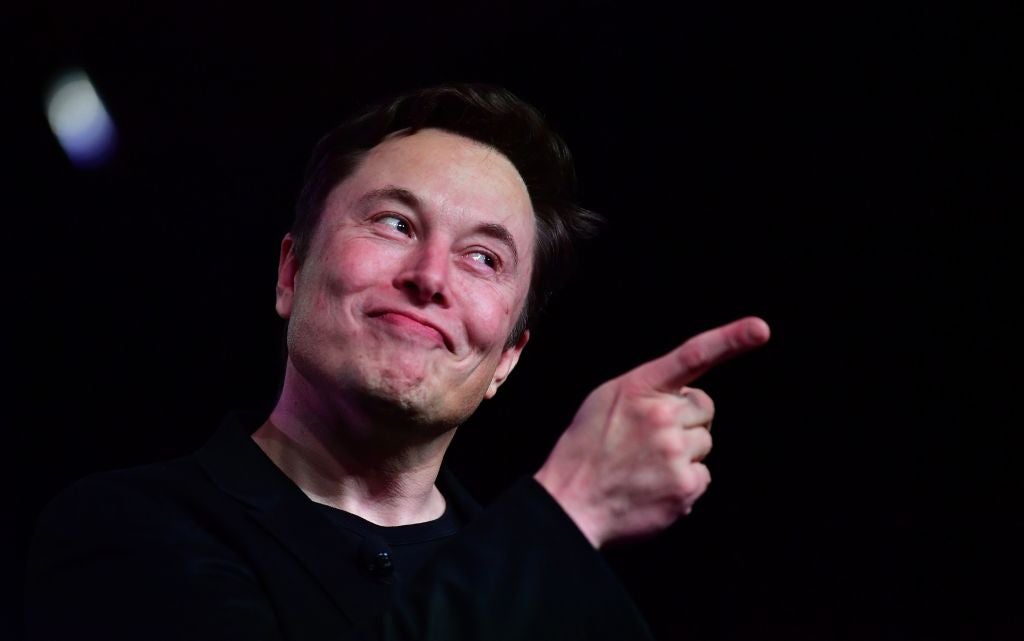
Elon Musk’s demand that all Tesla employees must be in the office for at least 40 hours per week could “backfire” and lead to a talent exodus, experts claim.
Musk took a break from beefing with Twitter at the end of May to send a sudden companywide email to all his Tesla employees.
It informed them that they would be expected to “spend a minimum of 40 hours in the office per week.” If they didn’t do this, the CEO claimed they were “phoning it in.”
The email was subsequently leaked to the media. When Musk was confronted with it, he didn’t deny or confirm its verisimilitude, but simply said that if people thought coming into work was an antiquated concept, then they “should pretend to work somewhere else”.
The sudden, demanding email seemed a little strange, especially with new reports that Tesla doesn’t actually have the room for all of their employees three months on.
How well do you really know your competitors?
Access the most comprehensive Company Profiles on the market, powered by GlobalData. Save hours of research. Gain competitive edge.

Thank you!
Your download email will arrive shortly
Not ready to buy yet? Download a free sample
We are confident about the unique quality of our Company Profiles. However, we want you to make the most beneficial decision for your business, so we offer a free sample that you can download by submitting the below form
By GlobalDataExperts believe the attempt to “rush back to in-person work” could backfire on the Tesla CEO.
Before the pandemic, Tesla was very open to remote working for those in office roles. At the time, Musk’s focus was on building a new factory in Texas and setting up hubs across the globe.
Due to a lack of space and office equipment in California and Nevada, it wasn’t possible for all the employees to be in full-time.
According to CNBC, Tesla employees told them they were told to come into the office three days per week but were unable to do so due to the lack of desk space and other office resources. This meant Tesla was forced to fall to two days a week instead.
Musk is keeping tabs on employees
Musk is now reportedly keeping tabs on all his employees’ attendance to see who is sticking to his strict return-to-work policy.
Internal records from early September show that around one-eighth of workers were out of the California office every day.
Musk is able to track his employees using data from workers’ badges. Checking who has swiped into the facilities and who has stayed at home.
The Tesla CEO has ruled his company with an iron fist when it comes to office time. Right after sending out the email demanding 40 hours in the office for everyone, a culling began.
Those who were already employed as remote workers but couldn’t relocate to be closer to the office were given until September 30 to move homes or offered a severance package from Tesla.
Then HR asked all of the employees who lived far away if they planned on moving closer and working in a Tesla office for 40 hours a week. All of those who were not sure or outright said no were fired without warning, according to CNBC.
Experts believe the policy could backfire Musk
Musk’s strict return-to-work policy has been met with criticism from experts.
“Tesla’s return to work policy marks a further attempt by big business and Big Tech to rush back to in-person work under the guise of hybrid working, ignoring the preferences of the majority of workers,” Callum Adamson, CEO and co-founder of UK tech talent scaleup Distributed, tells Verdict.
Adamson says the policy could negatively impact Tesla’s ability to attract skilled workers and works against “acting as a magnet for talent”.
“Despite the pulling power of its brand, Tesla could struggle to fill the extra space with the staff it needs if its policy mandates office attendance,” Adamson says, “forcing employees to work from a centralised location will limit the talent pool they have access to.”
Gareth Hoyle, managing director of Marketing Signals, agrees, telling Verdict: “Implementing a blanket rule for all employees will never offer true flexibility and will only damage your relationship with your employees and the trust you’ve built.”
The policy has certainly damaged morale in the company. Some employees are living far away from their loved ones to meet the new demands, an employee told CNBC.
It’s unclear whether Musk will rethink his strategy as criticism of the policy continues to grow. As history has shown, however, the Tesla CEO is very good at doing what he feels is best.
Tesla didn’t return Verdict’s request for comment before the publication of this story.
GlobalData is the parent company of Verdict and its sister publications.






